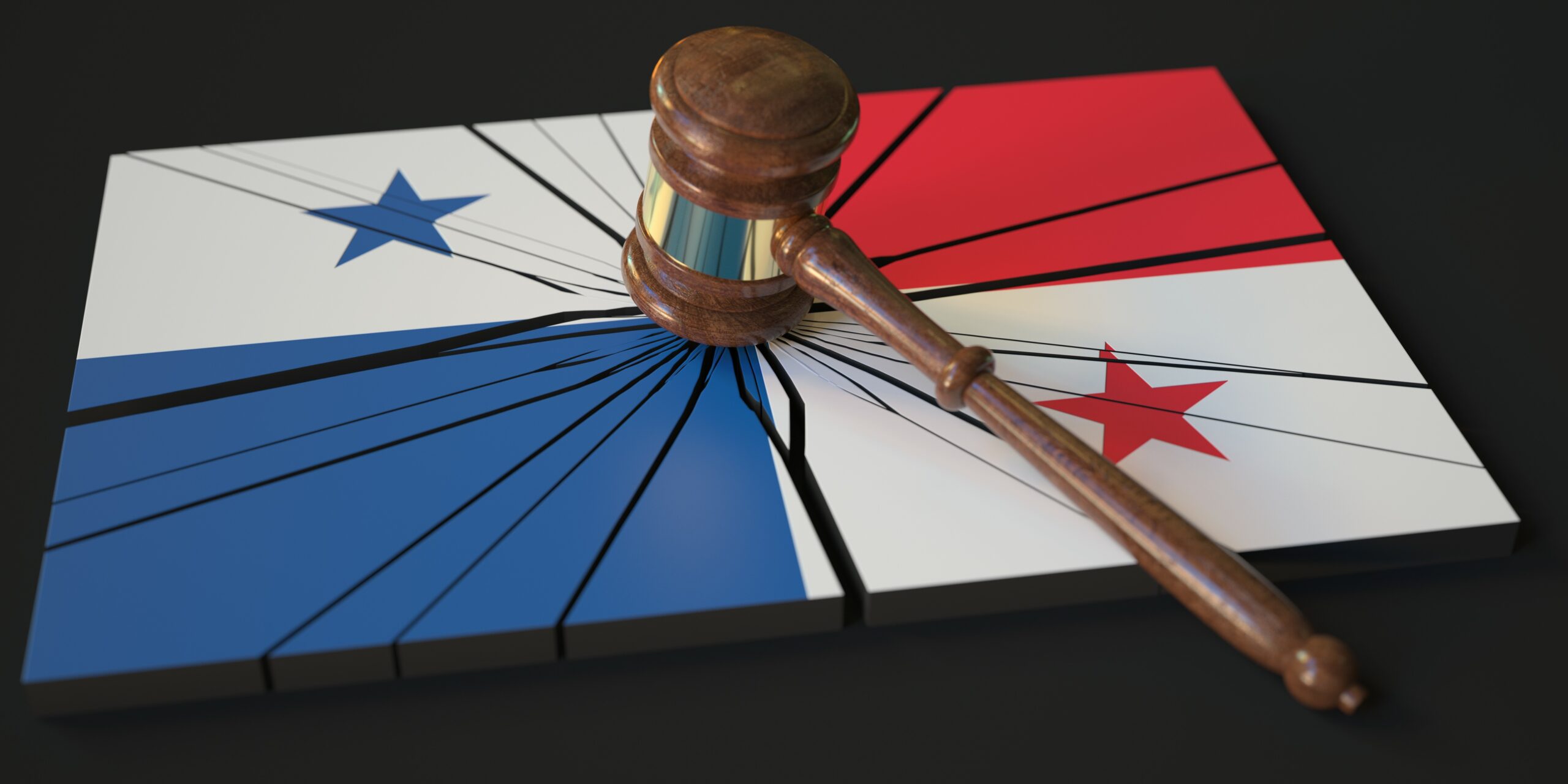Investigators of the Panama Papers Defend their Work Despite Ruling

The consortium of journalists who investigated the “Panama Papers ” defended their work on Saturday, after the Panamanian justice system acquitted 28 defendants of money laundering related to the defunct law firm Mossack Fonseca, the epicenter of the scandal in 2016.
“While the court did not hold these defendants accountable, the lasting impact of our investigation remains,” said Gerard Ryle, executive director of the International Consortium of Investigative Journalists (ICIJ), which published the Panama Papers. “By revealing hidden truths, as we did with the Panama Papers, we provide the public with the information they need to demand accountability and drive reform,” Ryle added in a statement.
A Panamanian court on Friday acquitted 28 people accused of money laundering in connection with Mossack Fonseca, in a decision that can be appealed. Among those acquitted are the founders of the Panamanian law firm, Jürgen Mossack and Ramón Fonseca, who died on May 9.
The “Panama Papers,” an investigation based on the leak of millions of documents from the Mossack Fonseca law firm, revealed how people from around the world concealed assets and profits to evade taxes or launder money, in some cases from illicit activities, through the creation of companies through the Panamanian law firm. Russian President Vladimir Putin, former leaders of Iceland, Sigmundur David Gunnlaugsson, Pakistan, Nawaz Sharif, Britain, David Cameron, Argentina, Mauricio Macri, and Argentine soccer star Lionel Messi were some of the names mentioned at the time. In several countries, senior officials were forced to resign and others were convicted in connection with these investigations.
During the trial, the prosecution requested 12 years in prison for Mossack and Fonseca, the maximum sentence for money laundering. For the others, it requested between five and 12 years in prison. Prosecutors accused Mossack, 76, and Fonseca, who died at 71, of being responsible for facilitating the creation of companies in which executives of the German multinational Siemens deposited millions of euros outside the company’s real accounts. The Panamanian office, according to the indictment, was also used to store money from a massive scam in Argentina. But Judge Baloísa Marquínez, the same one who sentenced former Panamanian President Ricardo Martinelli to prison in 2023 for money laundering, dismissed the prosecution’s arguments.
According to the ruling, “the evidence was not sufficient and conclusive to determine the criminal responsibility of the accused,” the Panamanian judicial body said. “Justice has been done, we are extremely satisfied, although we are a little sad because along the way we lost Mr. Ramón Fonseca (founder of the firm) and he has not been able to see this result,” Guillermina McDonald, a lawyer for Mossack, told AFP. Due to the scandal, Mossack Fonseca closed and the international image of Panama, considered a tax haven, was seriously affected, which caused a drastic drop in the creation of companies. Panama has implemented legal reforms, including the criminalization of tax evasion, which was not a crime before the Panama Papers. These changes allowed the country to leave the “grey list” of the Paris-based Financial Action Task Force (FATF) in 2023, although it remains on the list of territories considered “tax havens” by the European Union.
The Panama Papers court ruling is “difficult to understand abroad” even though the case “is not even over,” Carlos Barsallo, former president of the Panamanian section of the NGO Transparency International, told AFP. According to Barsallo, the Panamanian justice system has managed to clean up its image with important convictions for money laundering in high-profile cases, such as that of former President Martinelli, but now “the table is set for a lot of confusion” in Panama’s image abroad.





